CTRL+K
CTRL+K
Morocco is a North African country where every meal is a joyful event and each dining experience is a trip through ages of custom and hospitality. Preparing the table is not just a chore in this country; it is a meticulous and friendly ritual that enhances the dining experience beyond just the taste of the food. The careful arrangement of plates, utensils, and decorations makes mealtimes special occasions worthy of celebration. Simple dishes become feasts for the senses when served on beautifully set tables with traditional Moroccan accents like ornate tea sets, vibrant textiles, and aromatic spices. Even humble gatherings at home feel like grand affairs when the table is properly dressed according to long-held cultural traditions. This attention to detail and flair for entertaining elevates ordinary meals into multi-sensory adventures.
At the heart of Moroccan table setting, meals commence with “Bismillah” – an invocation that signifies the beginning with the name of Allah, a gesture of gratitude and reverence before indulging in the feast laid before you. This profound yet simple ritual sets a mindful, appreciative tone for the dining experience.
The art of table setting in Morocco extends far beyond the utterance of a single word. It harmonizes colors, textures, and patterns to craft an immersive experience. From the intricately designed tablecloths to the gleaming brass or silverware, every piece plays a part in the grand orchestration of the dining experience.
One cannot talk about Moroccan dining without mentioning the ubiquitous hand-washing tradition, an integral part of the pre-meal ritual. Before sitting down to eat, guests are offered a basin of water infused with rose petals or orange blossom, allowing them to cleanse their hands in a fragrant and refreshing manner. Washing hands isn’t just about hygiene – it’s a ritual that readies the spirit for the flavors awaiting.
When you sit down at the table, you will be greeted with a variety of delicious smells and tastes. This is because Moroccan cuisine has a long and rich history, with each dish reflecting traditions passed down for centuries. For example, you might have tagines, which are savory stew-like dishes cooked with many spices and flavors. Or you could try couscous, which is a light and fluffy dish made with tiny pasta-like pieces. The couscous is often served with meat and vegetable toppings, making it both tasty and filling. Each bite you take will give you a taste of Moroccan culture and history.
Sharing a meal in Morocco is an experience that goes beyond just eating. It is a chance to come together with loved ones and enjoy the simple pleasures of life. Whether you’re at home with family or dining at a traditional inn, the warm spirit of hospitality fills every corner of the country. Mealtimes in Morocco are not just about getting food. They are social events where people gather to connect and create special memories. This sense of togetherness and community is part of what makes Moroccan dining so enchanting and memorable. People savor each bite and conversation, taking the time to fully appreciate the food and company. Moroccan cuisine brings people together in a meaningful, joyful way.




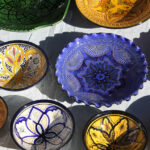


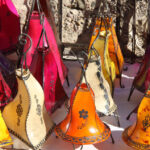
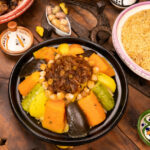
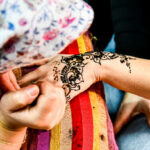



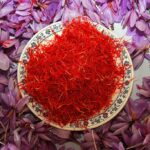
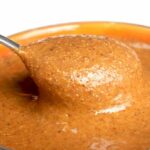
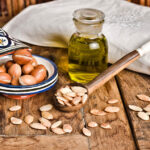



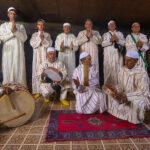







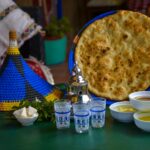




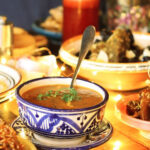



There are no results matching your search.
Reset